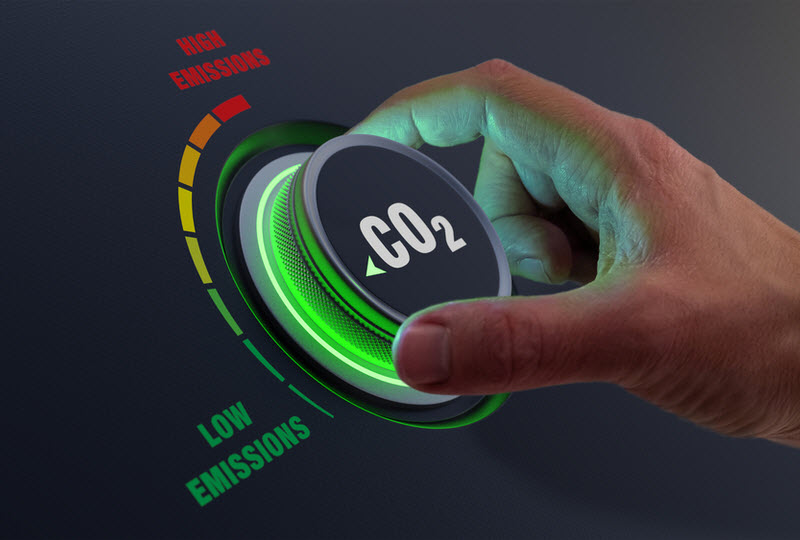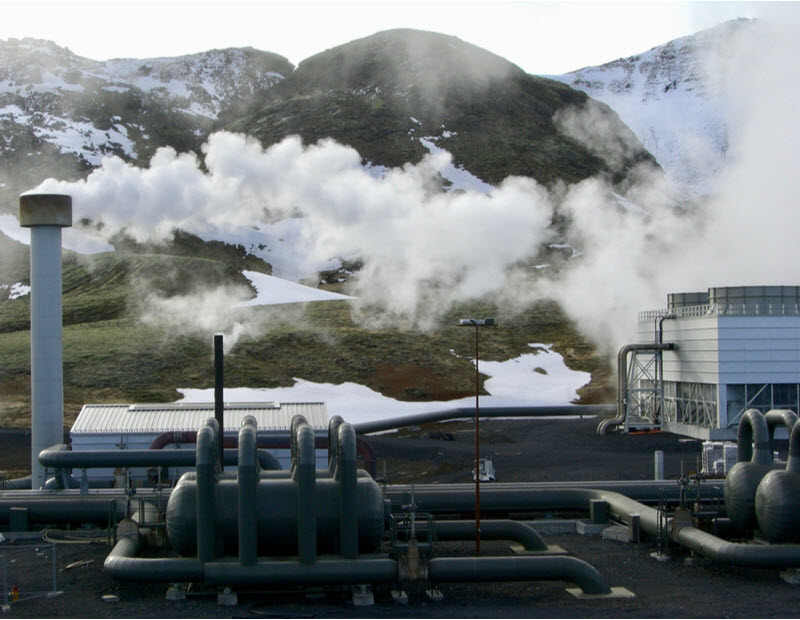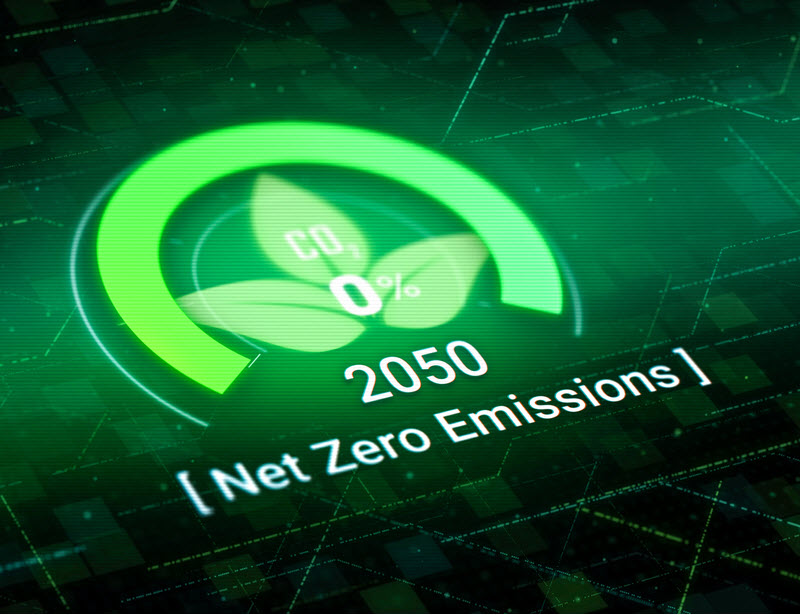
Carbon capture utilisation and storage (CCUS) technology can capture approximately 90% of CO2 emissions from power plants and industrial facilities such as steel, cement, chemical and fertilizer production. For such industrial needs, renewable energy sources alone will not be sufficient in reducing the carbon footprint required. CCS and CCUS are the only technologies that effectively capture carbon from these industrial sectors and are having a large impact in other industries.
As far back as the 1960s, carbon dioxide has been used to extract additional oil from depleted oil fields in the United States. This practice is known as enhanced oil recovery (EOR).
Today, much of the captured carbon from CCUS installations is repurposed for EOR. This technique has opened a number of exciting possibilities where CCUS has an advanced role to play. A great deal of exploration is currently being undertaken where captured CO2 from the industrial sector and from power generation plants can be diverted in highly innovative ways.
Jet fuel, building materials, algae biofuels and carbon fibre products are a handful of applications where CCUS technology is currently applied.

Hydrogen and CCUS - a great partnership
Hydrogen can be a support for decarbonisation of several sectors including transport, industry, power and construction. There are a number of colour guides applied to hydrogen production including green, blue, grey, pink, yellow, and turquoise, which illustrate the production process.
For example, blue hydrogen is produced from natural gas mixed with very hot steam. The chemical reaction creates hydrogen and carbon monoxide. When water is added, the carbon monoxide is converted into carbon dioxide and a higher level of hydrogen. By capturing the carbon dioxide and removing it, the process becomes ‘carbon neutral’ and can be called ‘blue hydrogen‘.
CCUS is assisting hydrogen as a sustainable alternative.
Whist green hydrogen holds the most significance in terms of hydrogen as a renewable, the costs of CCUS hydrogen production is highly competitive and is an excellent option in regions with low-cost fossil fuels and access to CO2 storage resources, such as Australia.
CCUS is the only technology with the capability to address CO2 emissions from existing hydrogen production that relies on natural gas and coal.

Meeting net-zero requires emissions reduction in hard to abate sectors
Heavy industry accounts for almost 20% of the globe’s CO2 emissions and when combined with other ‘hard to abate’ sectors such as long distance road and rail transport, aviation and maritime shipping, the figure is further exaggerated. In these sectors, the alternative to using fossil fuels is either prohibitively expensive or impractical. In other heavy industry hard to abate sectors, including cement and steel production, iron and fertiliser, CCUS is the only technology that can have a measurable impact on the reduction of CO2 emissions.
Natural gas will continue to be a major player in the energy system over the coming decades. This eventuality has already been tabled in the International Energy Agency 2020 report. Natural gas deposits contain up to 90% of CO2, which must be removed prior to being processed for LNG production. Typically the CO2 is vented into the atmosphere; however, utilising CCUS enables the CO2 to be captured and stored or repurposed for EOR.
Policy and investment have pivoted greatly over the past few years as governments, investors and industry see CCUS as a broad-based technology with multiple application advantages and low cost/low-risk outcomes.
The pipeline of new CCS and CCUS projects is highly encouraging. New business models that improve the financial viability of CCUS have been developed and along with the repurposing uses for CO2 gaining advancement, CCS and CCUS technologies are attracting a great deal of global interest from policymakers, industry and investors.
Now is the time to have the experts in your corner.
CCS Energy is committed to forging your path toward net zero emissions. Our expertise can help clients set realistic targets and tap into additional asset value through carbon offset mechanisms available through various global emission trading schemes. Our team members are CSS experts and well engineers, passionate about identifying efficient and cost-effective transition technology to capture and store carbon, and reduce your operation’s carbon footprint.
With years of technical experience in the petroleum industry, we can provide all aspects of technical design, project management and regulatory administration.
When your business is ready to do its part in reducing its carbon emissions footprint, give our team a call. We only offer the very best solutions and technical expertise.



